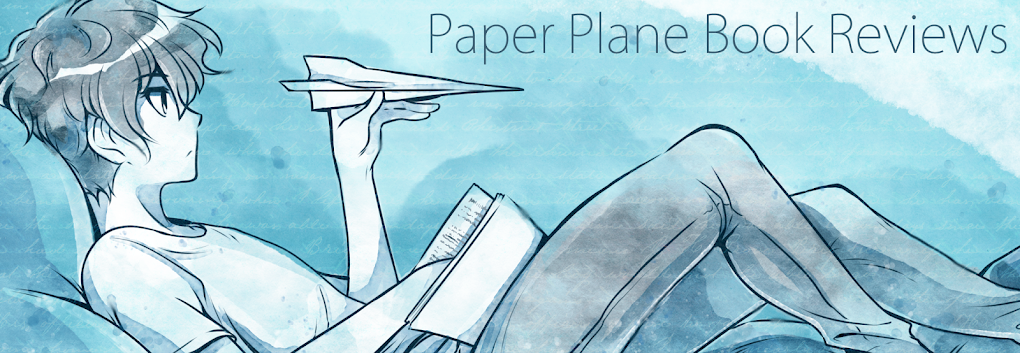The Republic of Thieves starts with Locke bedridden as he slowly and painfully dies from the poison administered in the last book. After Jean has spent everything they had trying and failing to find a cure for Locke, help arrives in a form that neither had ever wished to encounter again: a Bondsmagi. Introducing herself as Archedama Patience, she offers them an opportunity for Locke's affliction to be cured, so long as they take on a job for her: rig an election in her home city state of Karthain so that the party favoured by her particular faction of Bondsmagi will win. There are a few things that might get in the way of this job though. Most obviously is the person that the other Bondsmagi faction has hired to rig the election: Sabetha Belacoros, a former, and generally more competent, member of the Gentleman Bastards and the only woman that Locke has ever loved. Less evident is that there are members of the Bondsmagi whose interest in Locke may be peaked by more than his mutilation of the Falconer three years before.
Right, so to the good stuff first. Once again, it is a fantastically written plot that is still intensely unpredictable. One potential revelation about halfway in had me reeling for pretty much an entire day, they're that good. And oh dear Jesus Christ, that ending. They are so thoroughly doomed in the next installment. I thought that the world-building for Karthain was really quite interesting, with the non-magical populace hiding behind pseudonyms due to the near-limitless level of power that the Bondsmagi can hold over you should they learn your real name. At the same time though, there doesn't seem to be any resentment towards the Bondsmagi, as their presence has led to a city state so secure that there hasn't been a standing army or need for traditional defences for three centuries or any need for such. It's a fascinating mix of fear, deference and a staggering amount of over-confidence, very Machiavellian in feel. The best part of the book though was finally getting to meet Sabetha for the first time. Admittedly, I didn't really like her hugely when she first appeared, but by the end she had definitely grown on me, making her relationship with Locke simultaneously sweeter and infinitely more frustrating. She's incredibly confident in her own abilities, but as a result of her upbringing can't bring herself to be satisfied with anything that is quick or easy. There's certainly a lot to admire in her, and I can understand Locke's mixed feelings towards her.
There was, unfortunately, something that has dampened my enthusiasm somewhat. This may well be something that is only an issue for me, but I don't think that the stakes felt high enough. Okay, so working for Bondsmagi is automatically going to ramp up the tension for fans who have read the series thus far, but they didn't really interfere with proceedings anywhere near as much as I thought they would. In the previous two books, they briefly work for the antagonists as a result of coercion and get stabbed in the back in both cases; here, it's a trade of services with nothing to really tie the two parties together after their mutual business is complete. The closest that we have to an antagonist is probably Sabetha, and they would have no intention of doing anything permanently damaging to her even if killing weren't against the Bondsmagi's terms. For me, the satisfaction at the end of the previous two books was largely due to the fact that the antagonists decided that it would be better to screw around with the Gentleman Bastards instead of dealing with them civilly, so there was a feeling that they got everything that was coming to them and then some. In The Republic of Thieves, there is none of that raw anger and tendency for personal vendettas that make Locke and Jean so endearingly human. Everything is strictly business and the stuff that isn't doesn't really manifest as anything more than threats and angry words. So yeah, it feels a bit like the energy from the previous books was muted, and while it might suit the more political lean of the plot, I don't think it suited Locke and Jean terribly well.
A slower pace and more of a muted tone made this the weakest of the series so far, in my opinion. But that in no way makes it a bad book, with a brilliantly twisty plot and a fantastic new character making this more than worthy of picking up. 4/5
Next review: Born in Fire by Nora Roberts
Signing off,
Nisa.


No comments:
Post a Comment